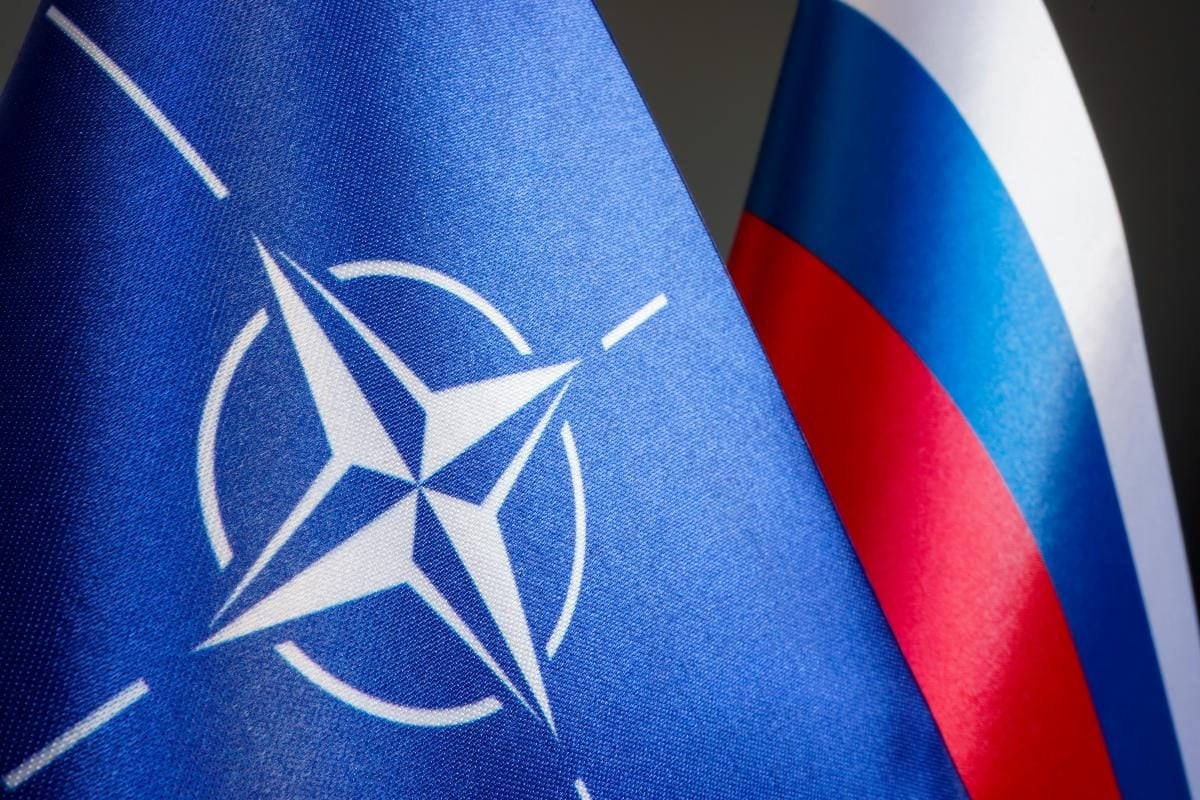Lately, NATO has faced a challenge: how to respond to increasingly aggressive actions by the Kremlin, especially after the full-scale invasion of Ukraine? The Alliance is attempting to review its key documents and develop new approaches to interact with Russia. In this article, we will discuss why this is so important and how various NATO member countries are reacting to the situation.
Why is NATO reviewing its relations with Russia?
The relations between NATO and Russia reached a critical point after the Kremlin started the war in Ukraine. NATO has already characterized Russia as the greatest threat to the security of its members. In turn, the Kremlin sees the Alliance’s eastward expansion as an existential threat to its own security. These tense relations compel NATO to seek new ways to respond.
Despite the serious crisis, the Alliance continues to adhere to the “Founding Act” of 1997, signed with Russia, which called for a stable and peaceful Europe. However, the world has changed since then, and now NATO member countries are seeking to create a new strategy that will take into account all threats from the Kremlin.
Reaction of member countries
NATO member countries have different positions on how to deal with Russia. Some members fear that excessive aggressiveness in the strategy could further destabilize the situation. For example, Hungary and Slovakia continue to maintain contacts with Russia and advocate for at least minimal interaction.
Recently, Slovakia stated that it can no longer supply weapons to Ukraine as its supplies are depleted. However, the country is willing to assist with equipment repairs with the support of Germany. This position, however, has caused tension within the Alliance as not everyone agrees that Russia can be restrained through diplomatic or technical solutions.
Political positions of Hungary and Slovakia
Prime Minister of Slovakia Robert Fico has repeatedly stated that Ukraine has lost its sovereignty and has been under the control of the United States since 2014. He has also criticized the EU and the US for assisting Ukraine, believing that it only strengthens Russia. His statements create tensions within NATO and cast a shadow on the unity of the Alliance.
Minister of Foreign Affairs of Hungary Peter Szijjarto also has his concerns. Hungary has always been against Ukraine’s accession to NATO, fearing that it could lead to further escalation.
What’s Next?
NATO defense ministers will meet in the near future to discuss a new strategy regarding Russia. This issue is becoming increasingly pressing as the war in Ukraine continues to pose a threat to European security. The future of the Alliance depends on how member countries can find compromise and adapt their policies to new conditions.
The outcome of these discussions will determine how NATO responds to the Russian threat and whether the rules of the game will change on the international stage.


